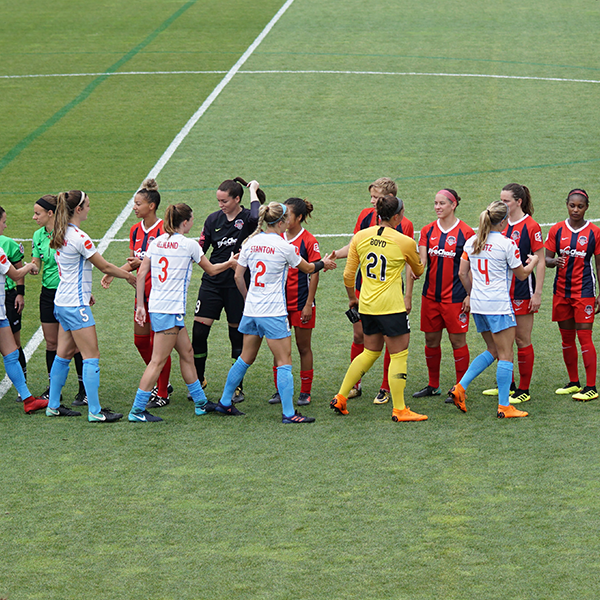No golf tournament is as hugely anticipated as this year’s first major championship: The Masters. Each year, the winner etches their name into golfing history, slips on the coveted green jacket and, of course, receives a healthy pay check (with last year’s winner Patrick Reed taking home close to $2,000,000).
So, are there psychological secrets to winning The Masters?
The ability to perform under pressure during The Masters is key. Research has shown that some people flourish, and some wilt under pressure. Those who perform well in the Masters often demonstrate ‘clutch’ performance. But how do golfers make sure they flourish under pressure and play as well as they can? The golf sport psychologists at InnerDrive suggest these strategies:
Stay in the Moment
Often, golfers tend to start thinking far ahead. At Augusta, this can be amplified with the thought of having to play Amen Corner. The brain craves certainty and control; however, if a golfer starts to think about Amen Corner too early on, they are thinking about something they cannot control as well as focusing less on how they’re performing. This is a recipe for poor performance.
Our favourite saying is, ‘Be Where Your Feet Are’. If a golfer focuses on where their feet are, they cannot dwell on something out of their control and will be concentrating on what they need to do in that moment to perform well.
Play Your Game, Not Others’
During major tournaments, there is a tendency to be too concerned with how other golfers are performing. However, performers who are too worried about other golfers performance are more likely to choke. This means that golfers should think more in terms of how to play their own golf as opposed to how to beat an opponent.
Keep Emotions in Check
Golf is frustrating, especially at the elite level when there is a lot to play for. Those that can control their emotions in the face of adversity are more likely to outperform those that don’t.
One way to do this is not to dwell on past shots. For example, some golfers use the “10-yard rule”, namely Tiger Woods, whereby when the golfer hits a bad shot, they can deal with that frustration for the next 10 yards, then forget about it and focus on the next shot past that point. This way the frustration is dealt with and the golfer starts to focus on what will help their next shot.
Check out our blog on the top ten tips to help control your emotions in sport.
Reduce Fear of Failure
Those who have a fear of failure often put less effort in, only practice what they are good at and ‘play it safe’ instead of pushing themselves to take risks and try something new. Those who reduce the fear of failure often perform better under pressure as they understand that making mistakes in important to learning, and that to play the best golf you can, you need to take risks.
One tip to help reduce fear of failure is to ask yourself: ‘What can I do to make this better?’. By asking questions like this, you start to think more about solutions rather than problems.
Talk Like a Champion
Often, golfers use self-talk as a way to deal with their frustrations. Negative self-talk leads to a poor emotional state which hinders performance. Golfers should use positive-self talk, as it creates helpful emotions and helps golfers cope with competition stress.
Golfers should focus on what they want and say it, rather than what they don’t want. For example, saying phrases like “You can hole this” or “You’re playing really well” are likely to help.
Consistency Breads Success
Having a pre-shot routine is an important part of performing under pressure. They help golfers concentrate better by directing attention to what matters. They also stop golfers from dwelling on past shots or negative thoughts all of which will aid performance. As part of their routine it is also important that golfers evaluate their shot afterwards and look for helpful feedback.
Check out our golf psychologist’s guide to successful pre-shot routines.
Playing in the first major championship of the year will be exciting for most but can be nerve wracking for others.
In order to be best positioned to win the coveted green jacket, golfers should have a consistent routine, stay in the moment, concern themselves with their performance and not others, be positive and learn from previous mistakes. If they do that, they have the best chance to write themselves into golfing history.





